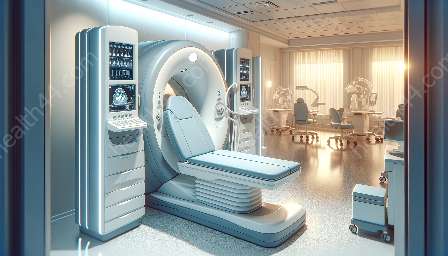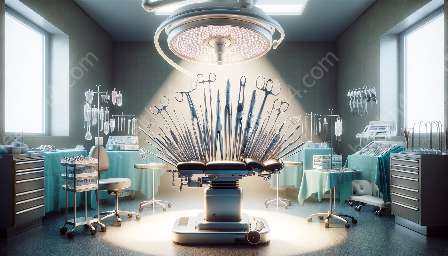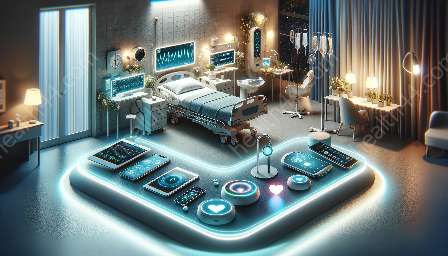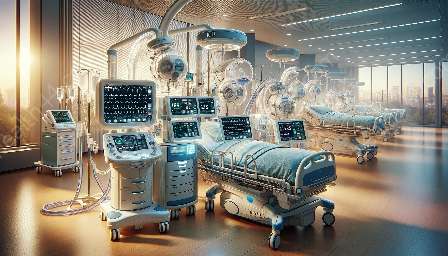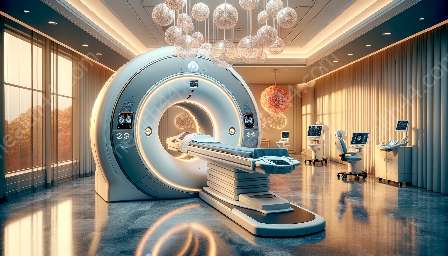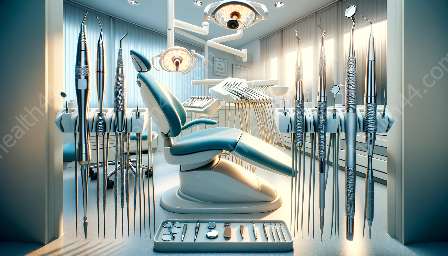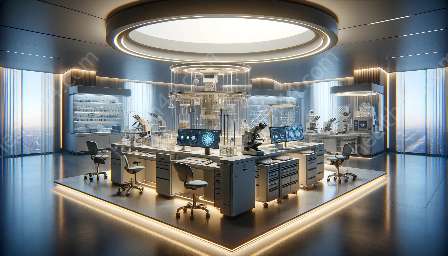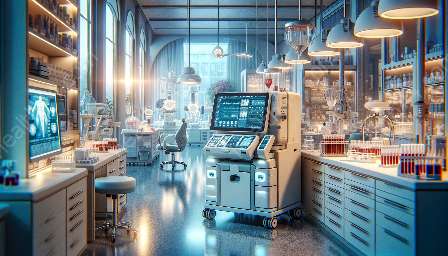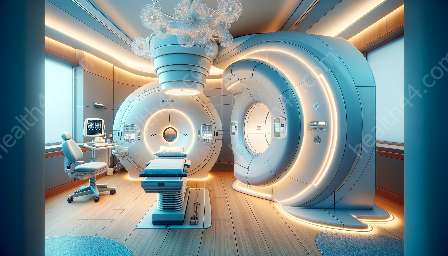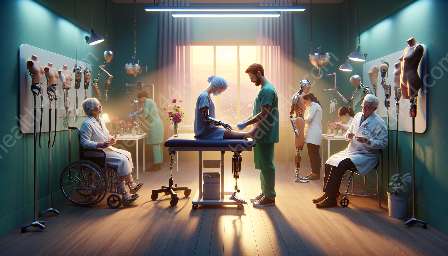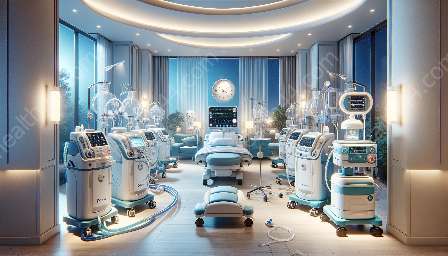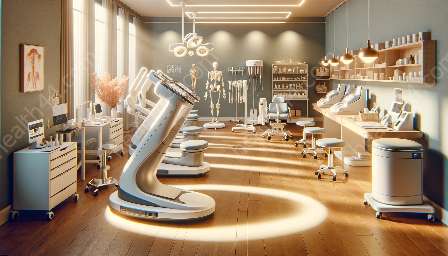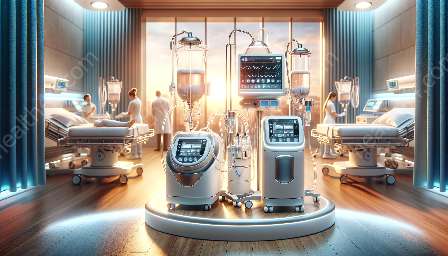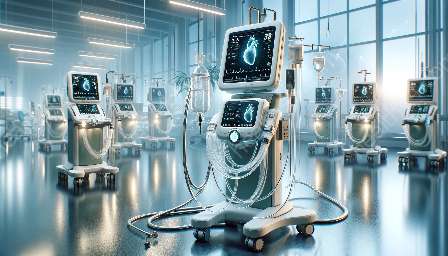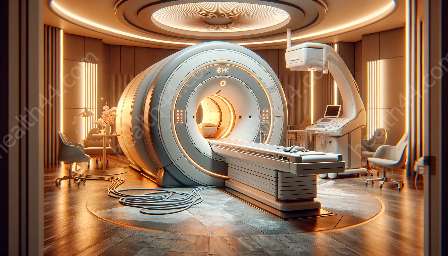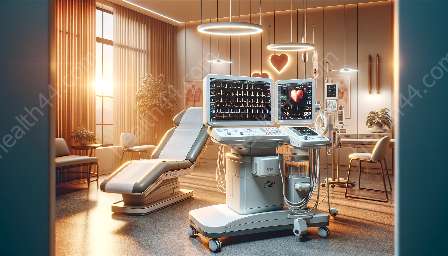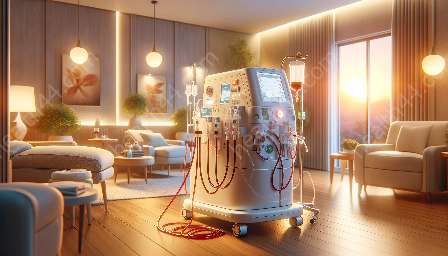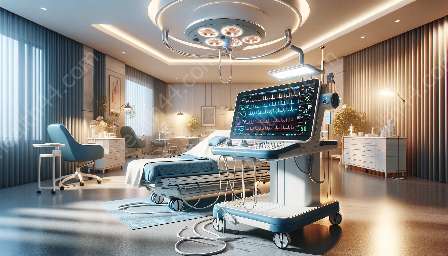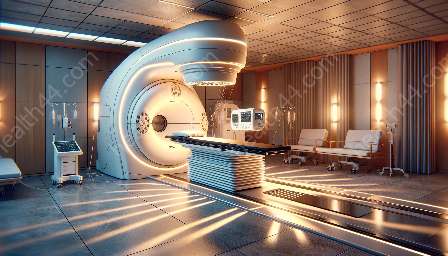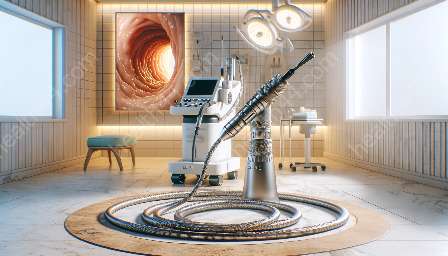Magnetic resonance imaging (MRI) machines are revolutionary medical devices that have transformed the way healthcare professionals diagnose and treat various conditions. This comprehensive guide explores the technology, applications, and impact of MRI machines on health and medical devices.
Understanding MRI Machines and Technology
Magnetic resonance imaging (MRI) machines are sophisticated medical devices that utilize a powerful magnetic field, radio waves, and a computer to create detailed images of the inside of the body. Unlike X-rays or CT scans, MRI machines do not use ionizing radiation, making them safer for patients.
The primary component of an MRI machine is a large magnet that produces a strong magnetic field. When a patient enters the machine, the magnetic field aligns the hydrogen atoms in their body. Radio waves are then used to perturb the alignment, and as the atoms return to their original position, they emit signals that are captured by the machine and processed into detailed images.
Applications of MRI Machines
MRI machines are used in various medical specialties to diagnose and monitor a wide range of conditions. They are particularly useful for imaging soft tissues, such as the brain, spinal cord, muscles, and internal organs. Common applications of MRI machines include:
- Neuroimaging: MRI machines provide detailed images of the brain and spinal cord, enabling the detection of tumors, strokes, multiple sclerosis, and other neurological conditions.
- Cardiac Imaging: MRI machines can assess the structure and function of the heart, aiding in the diagnosis of heart disease, congenital defects, and cardiac abnormalities.
- Orthopedic Imaging: MRI machines help identify musculoskeletal injuries and conditions, such as torn ligaments, joint disorders, and bone fractures.
- Oncology: MRI machines are valuable tools for detecting and staging various types of cancer, as they can visualize tumors and assess their characteristics.
Benefits of MRI Machines in Healthcare
The widespread use of MRI machines has significantly improved healthcare by offering more precise and accurate diagnostic imaging. Some of the key benefits of MRI machines include:
- Early Detection: MRI machines can detect abnormalities at an earlier stage, leading to timely intervention and improved outcomes for patients.
- Non-Invasive Imaging: Unlike invasive procedures such as biopsies, MRI scans are non-invasive and do not require the use of radiation, reducing potential harm to patients.
- Multi-Parametric Imaging: MRI machines can provide multi-parametric imaging, allowing for a comprehensive assessment of different tissue properties in a single scan.
- Improved Treatment Planning: The detailed images produced by MRI machines help healthcare professionals accurately plan and guide treatments, resulting in better patient care.
Impact on Medical Devices and Equipment
The advancement of MRI technology has also influenced the development of medical devices and equipment. In particular, the compatibility of devices with MRI machines, known as MRI safety, has become a critical consideration for manufacturers. Medical devices that are not MRI-safe may pose risks to patients undergoing MRI scans.
To ensure patient safety, medical device manufacturers are continually innovating to create MRI-compatible devices that can be used safely in the presence of strong magnetic fields. This includes the use of non-ferrous materials, specific shielding techniques, and rigorous testing to verify the safety and performance of devices in MRI environments.
Future Trends in MRI Technology
As technology continues to evolve, the future of MRI machines holds exciting possibilities. Advancements in imaging techniques, software algorithms, and hardware design are set to further improve the capabilities of MRI machines, enabling more precise and efficient diagnosis and treatment.
Furthermore, the integration of artificial intelligence (AI) and machine learning in MRI image interpretation is expected to enhance diagnostic accuracy and streamline the analysis of complex imaging data.
Conclusion
Magnetic resonance imaging (MRI) machines have revolutionized diagnostic imaging in healthcare. Their non-invasive nature, detailed imaging capability, and impact on medical device compatibility make them indispensable tools for healthcare professionals. As technology continues to advance, MRI machines are poised to play an even more significant role in the future of medicine, benefiting patients and healthcare providers alike.

